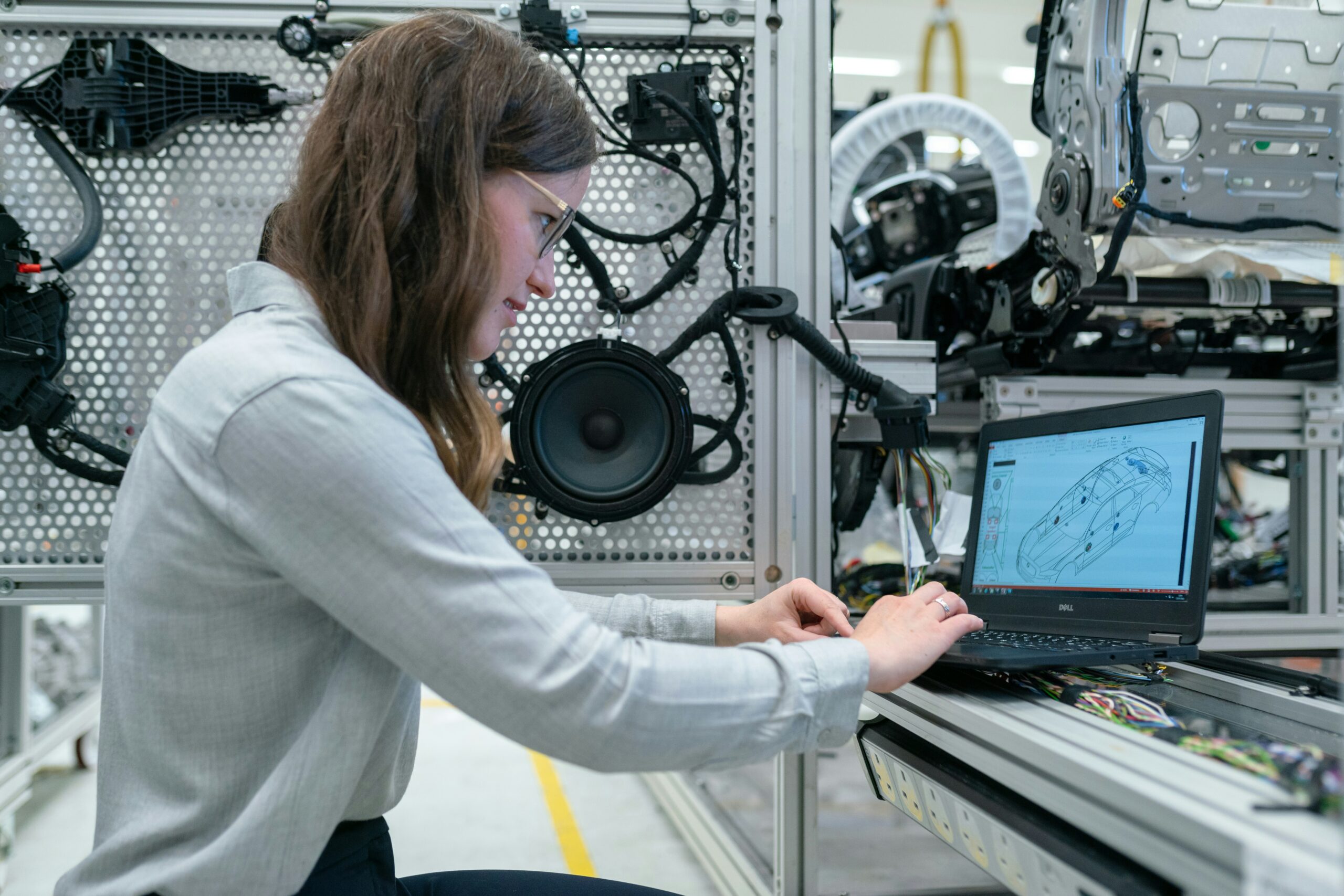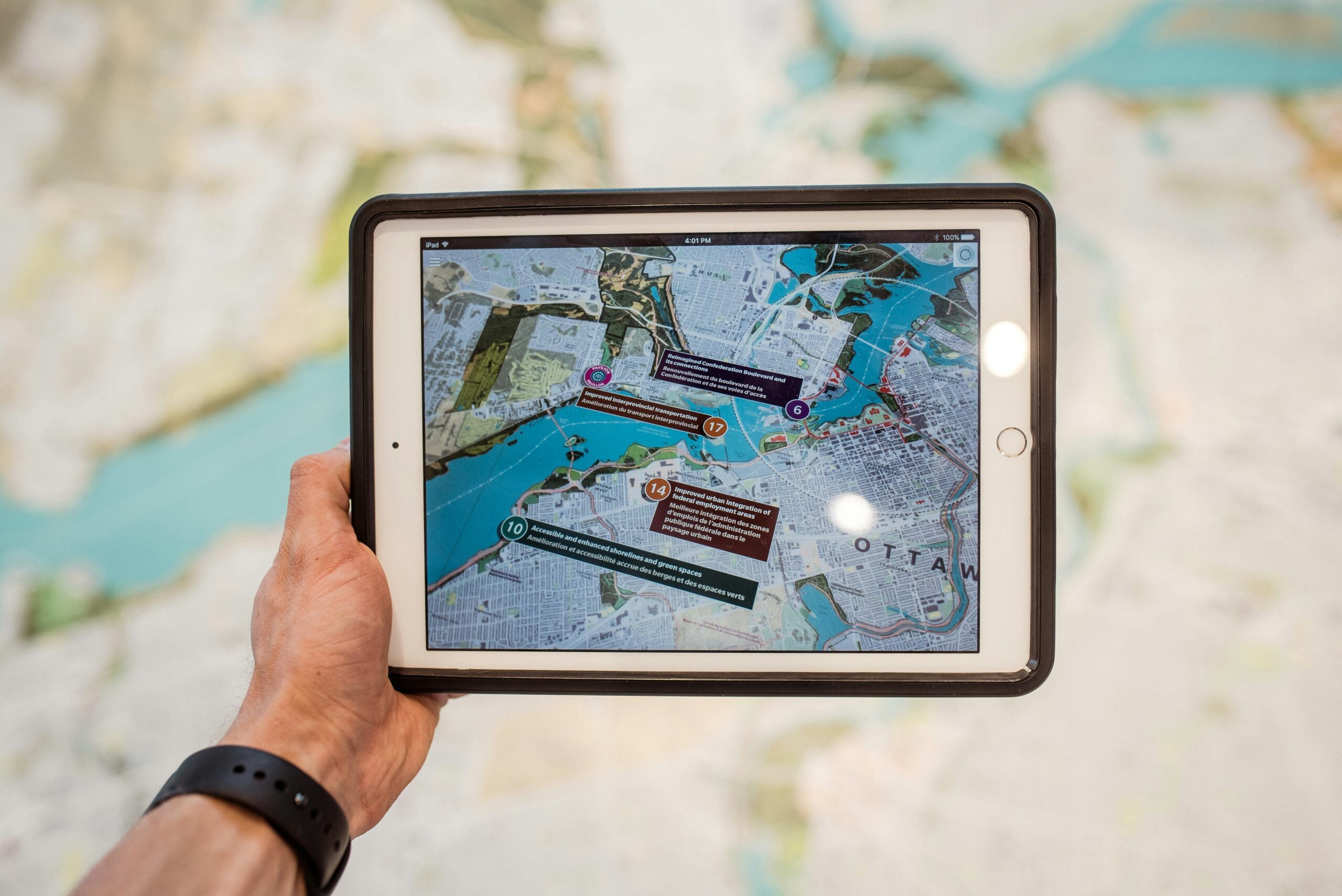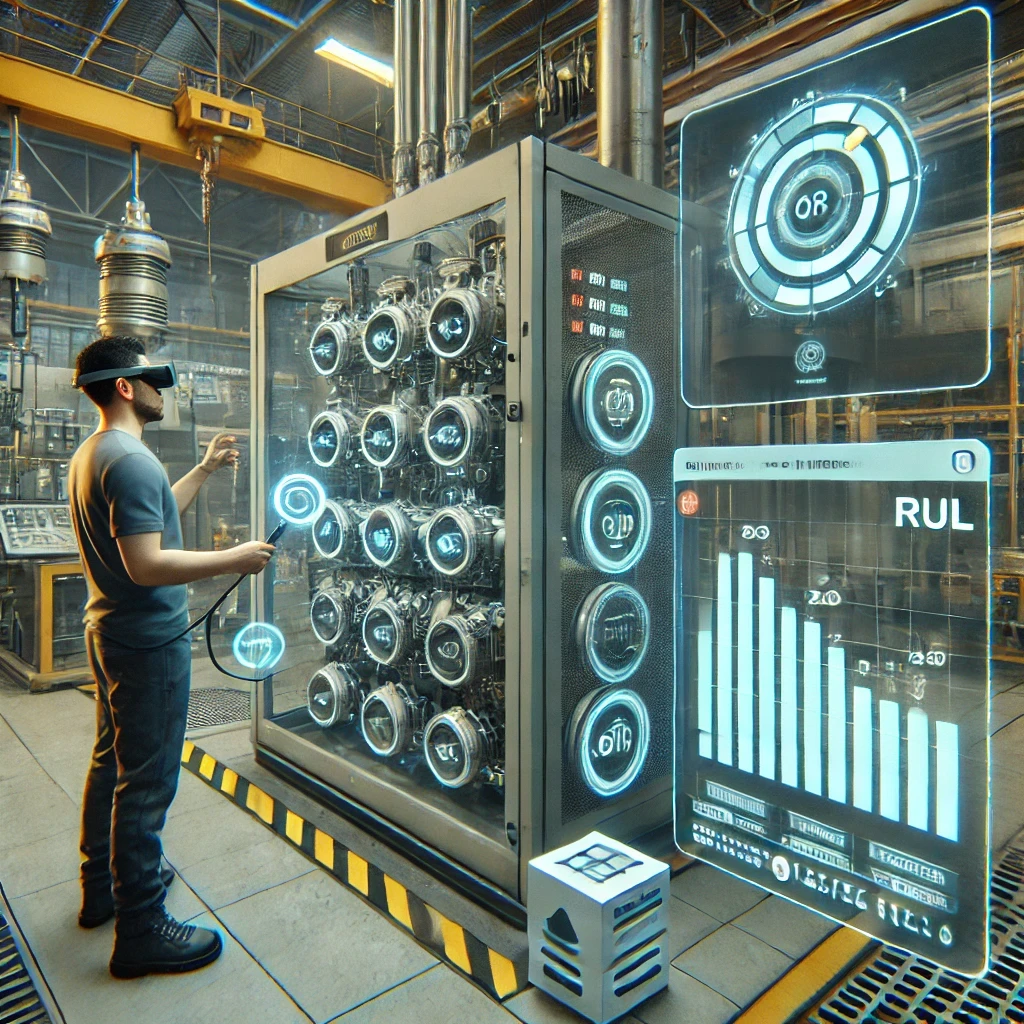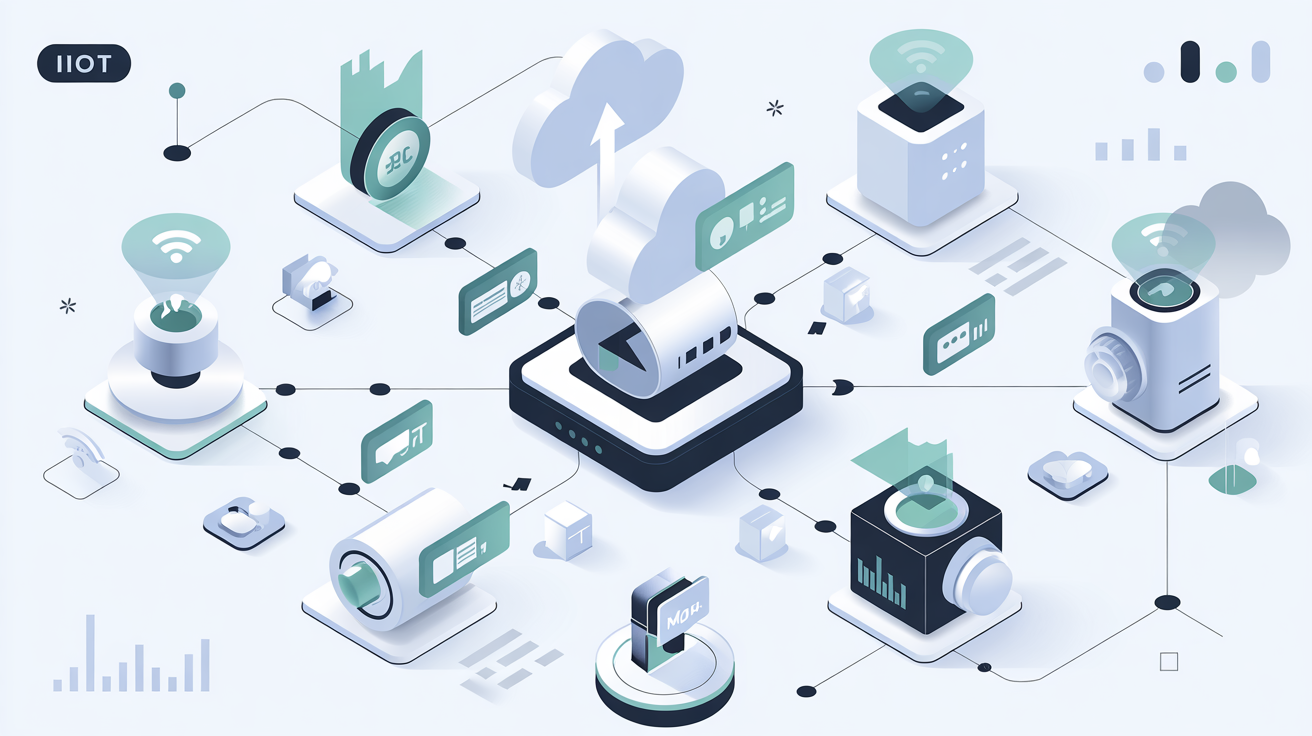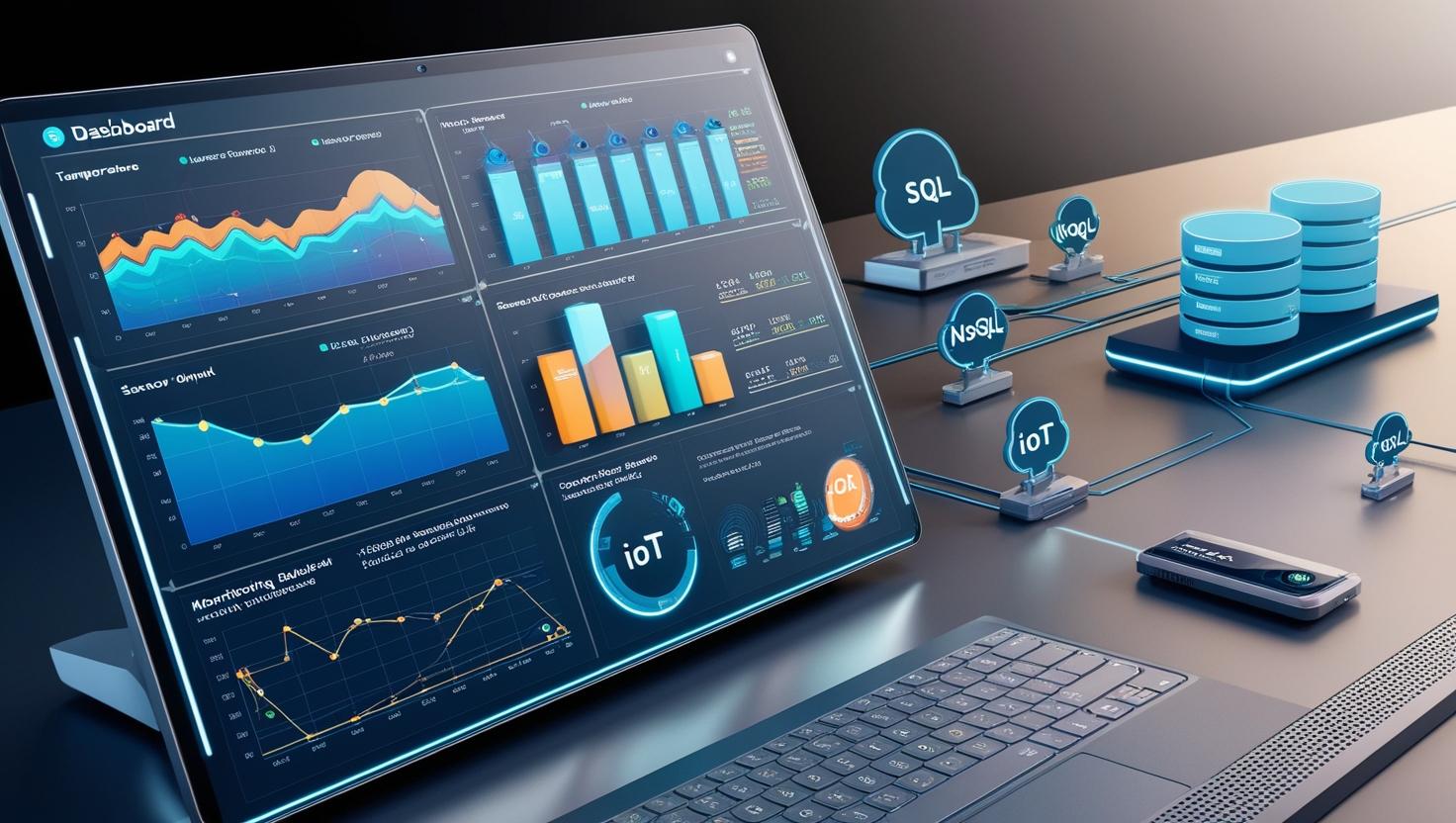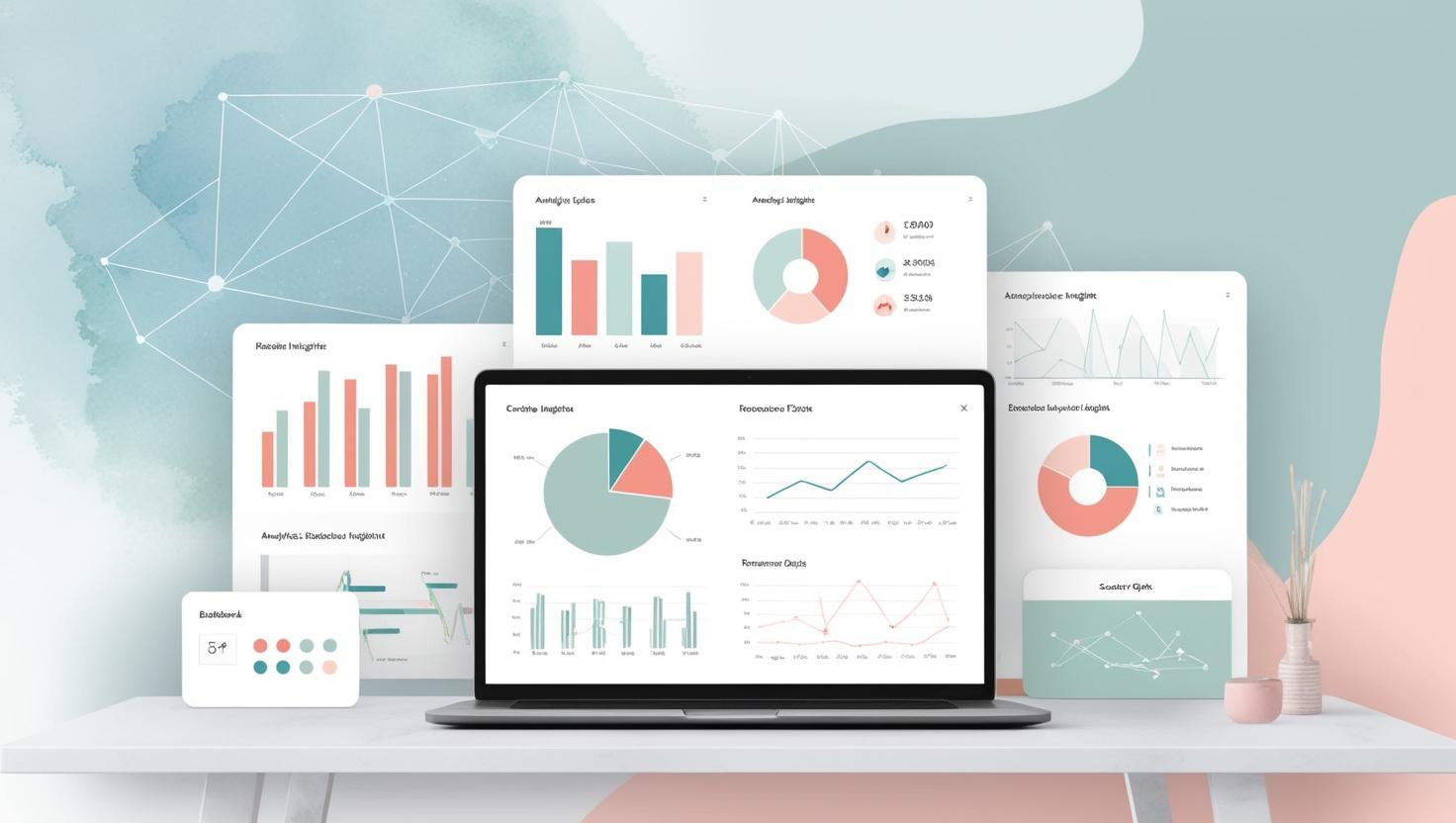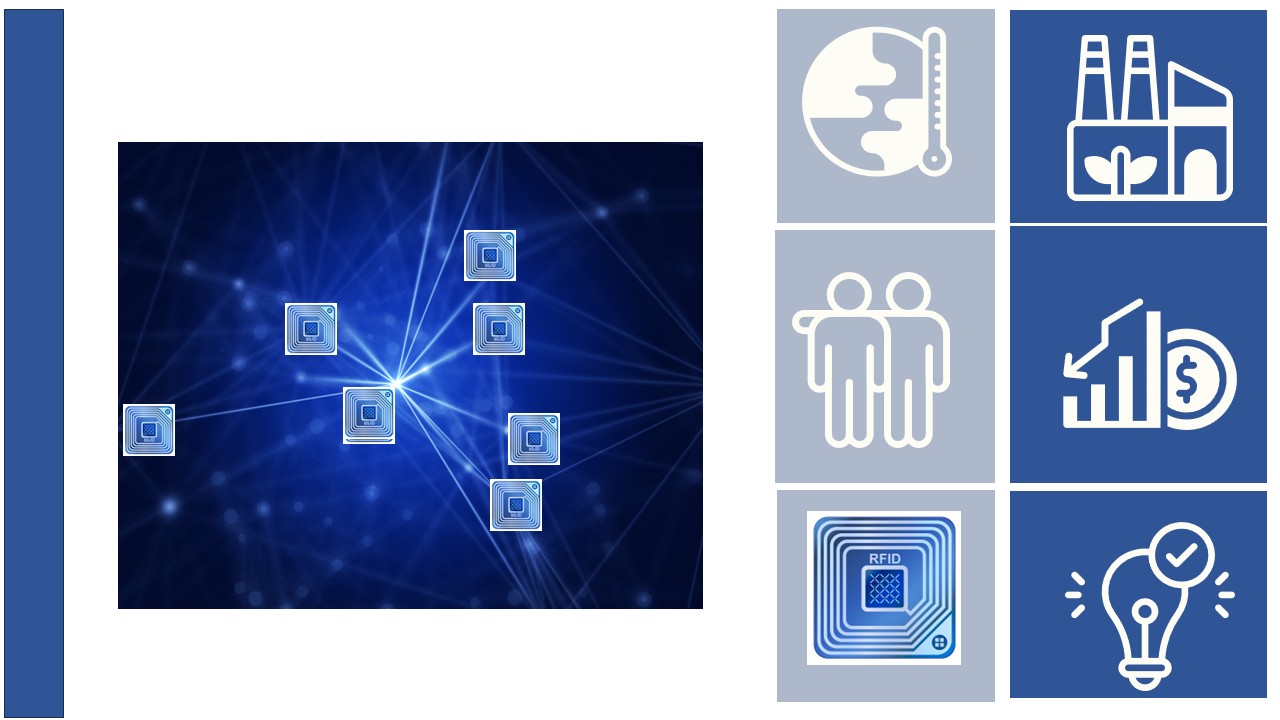Type of course:
Digital learning, Path
Language:
EN
Duration:
2 hours, 20 minutes
Workload:
31 hours
Proficiency:
Beginner
Target:
Professionals, Workers
This learning path will discuss circular economy models and green entrepreneurship applied to the manufacturing world.The course on “Innovation and Entrepreneurship for Circular Economy” offers participants a comprehensive understanding of the principles and practices involved in driving innovation and entrepreneurship within the context of a circular economy.In today’s world, there is an increasing need for businesses to adopt sustainable and environmentally friendly practices. The circular economy framework presents a transformative approach that aims to minimize waste, promote resource efficiency, and foster economic growth. This course provides participants with the knowledge and skills necessary to leverage innovation and entrepreneurship in creating sustainable business models and solutions.Throughout the course, participants will explore various aspects of the circular economy, including its principles, benefits, and challenges. They will delve into the role of innovation in driving circularity and discover how to identify opportunities for circular business models, products, and services. The course will also cover essential topics such as design thinking, lifecycle assessment, and closed-loop supply chains.Moreover, participants will gain insights into the entrepreneurial mindset required to lead and launch successful circular economy initiatives. They will learn strategies for fostering a culture of innovation, managing risks and uncertainties, and securing funding for circular economy projects. The course will also highlight the importance of collaboration and stakeholder engagement in driving circular innovation at various levels, from startups to established organizations.By the end of the course, participants will have a solid understanding of the key concepts, tools, and strategies necessary to foster innovation and entrepreneurship within the framework of a circular economy. They will be equipped with practical skills to identify and develop sustainable business opportunities, promote resource efficiency, and contribute to the transition towards a more sustainable and circular future.<br>
Learning outcomes
- After the training, learners are able to interpret and comment on the importance of circular economy principles in addressing environmental challenges, promoting economic growth, and fostering responsible entrepreneurship in diverse sectors.
- After the training, learners are able to demonstrate the environmental and economic benefits of circular economy practices, assessing how circular business models can contribute to resource efficiency, waste reduction, and sustainable growth.
- After the training, learners are be able to sketch a comprehensive business plan for a circular economy venture, incorporating strategies for sustainable product design, supply chain optimization, and value creation through circularity, and effectively communicating the potential social and environmental impact of their venture to stakeholders.
LessonThe 4I Framework for Business Innovation
Course Content
LessonCircular Business Models
Course Content
LessonAdditive Manufacturing as Circular Economy Enabler
Course Content
LessonMain factors for business to develop a green strategy
Course Content
LessonCircular business tools
Course Content
LessonBusiness model innovations and the circular economy
Course Content
LessonA 6R Approach to Sustainable Manufacturing
Course Content
LessonIndicators and metrics to measure circularity
Course Content
LessonSustainability Strategies for Businesses
Course Content
LessonMeasuring and Reporting Environmental Performance
Course Content
LessonGreen Marketing and Branding
Course Content
LessonIdentifying Circular Economy Opportunities
Course Content
LessonPolitical, Economic and Social Scenarios that allows for capturing Circular Economy Opportunities II
Course Content
LessonThe impact of the Green industry paradigm on a business perspective - ASSESSMENT
Course Content
Topics
Environmental Sustainability, Sustainable Energy and Clean Technologies, Digital Transformation, Sustainable Manufacturing, Transversal Skills, Entrepreneurship




